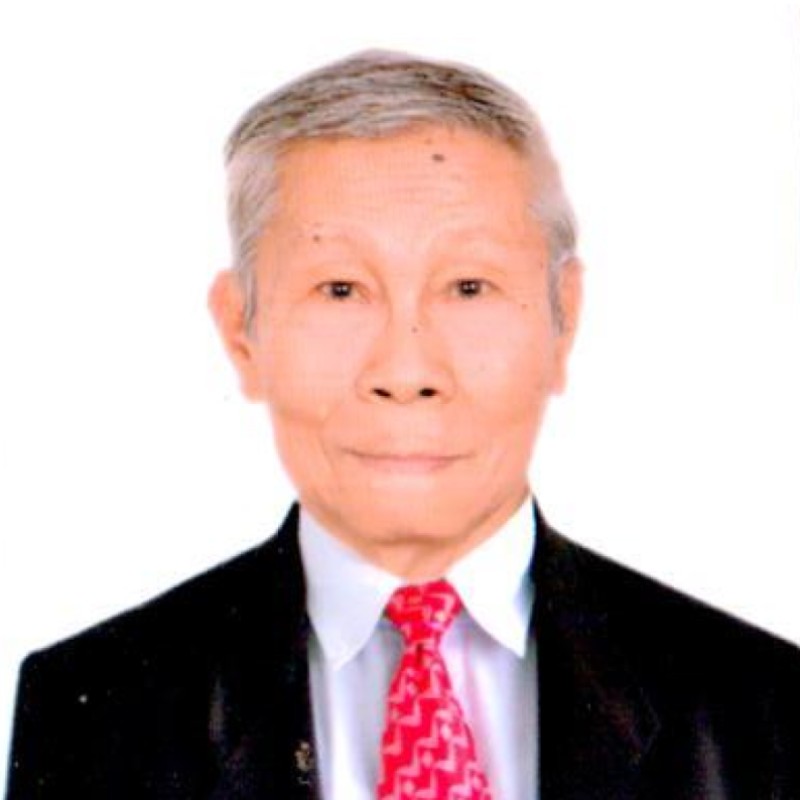GLIMPSES & GAZES
By Severino C. Samonte
The 1973 oil crisis and PH
Share
Filipinos born a few years before the advent of the September 1972 martial law maybe interested to know that during the 1973 global oil shock, the Philippine government had to ration regular and premium gasoline to vehicle owners and other users of such fuel products.
Such rationing was implemented with the use of coupons distributed through the barangay officials as part of the strict measures to conserve the limited supply of energy after the Arab Oil Petroleum-Exporting Countries (OPEC) led by Saudi Arabia declared an oil embargo beginning in October 1973.
The restrictions on OPEC oil exports and production affected most of the countries considered friendly to Israel, including Europe, the United States and Japan, and of course the Philippines, after the outbreak of the fourth Arab-Israeli war on Oct. 6, 1973.
The deliberate cutbacks in the Middle East oil production caused widespread supply disruptions and higher costs. Wikipedia said oil prices rose by 300 percent from USD3 per barrel to almost USD12.
In the Philippines, the administration of then President Ferdinand E. Marcos Sr. (1965-1986) had to implement strict energy conservation measures with the cooperation of law enforcement agencies and the barangay councils.
Such measures included the putting up of so-called "taxicab stands" in key places in the then Greater Manila Area where commuters usually converged, like Plaza Miranda in Quiapo, Sta. Cruz, Escolta, the Rizal Park, Cubao in Quezon City and the Makati business district.
Under this scheme, cab drivers were prevented from cruising around and wasting precious fuels without passengers. They were instead required to stay in the taxicab stands and wait for passengers there. Those found by the police and barangay officials violating this restriction were penalized with high fines, and even imprisonment.
A "share-a-ride" scheme among commuters was also implemented. It became acceptable to riders going to the same direction because they spent less by just sharing part in the total fare. Commuters were not afraid to ride with total strangers in this system because of the prevailing peace and order condition brought about by the Marcos declaration a year earlier of martial law nationwide.
As the OPEC oil embargo also caused the prices of liquefied petroleum gas (LPG) to double, many families, particularly in the Greater Manila Area, were forced to return to the use of firewood and sawdust in cooking their meals.
During the Christmas season that year, the display of colorful lanterns using electricity was also minimized greatly.
A daylight-saving time scheme was also implemented in government offices and even factories and other private establishments to save energy. Under this strategy, the clock is set one hour or more ahead of the standard time to allow more daylight for the working day.
How did then President Marcos Sr. view the 1973-1974 oil crisis?
In his book "The Democratic Revolution in the Philippines" published by the Marcos Foundation Inc. in 1977, he wrote in Chapter 10 sub-titled "Theory and Practice in the New Society":
"From late 1973 to the early months of 1974, the energy crisis and the worldwide inflation posed a grave challenge to Philippine government resources and ingenuity. Owing to the sudden rise of the price of crude oil, our national oil cost leaped from USD200 million to USD700 million.
"This additional cost of USD500 million, plus another USD500 million representing the additional cost of all our imported requirements for development, increased the overall cost of importation of all our requirements from USD1,300 million to USD2,300 million."
"To meet this problem, I considered it imperative that we maintain the existing level of our foreign exchange reserves -- USD1 billion -- so as to maintain monetary stability. For this purpose, we geared our new planning to the necessity for additional export earnings."
In his State of the Nation Address (SONA) on July 24, 1979, Marcos also touched on the energy situation worldwide, saying:
"We have to realize that the decade of the 1980s and perhaps well into the turn of the century do not offer us any relief from the energy crisis, unless we carefully plan to live with what is turning out to be realities of our times.
"For today, many of us must learn to live without some of the conveniences or luxuries that are now part of the lifestyles of those in the upper class. It is to this level of society that we direct our appeal to the developed nations to trim their energy appetites."
Editor’s note: The opinions expressed in the foregoing article are solely the author’s and do not reflect the opinions and beliefs of the Philippine News Agency (PNA) or any other office under the Office of the Press Secretary.
Comments
About the Columnist

He began his journalistic career by contributing to the Liwayway and Bulaklak magazines in the 1960’s. He was the night editor of the Philippine News Service when Martial Law was declared in September 1972. When the Philippine News Agency was organized in March 1973, he was named national news editor because of his news wire service experience.
He retired as executive news editor in 2003. He also served as executive editor of the Malacanang-based Presidential News Desk from 1993 to 1996 and from 2005 to 2008.
